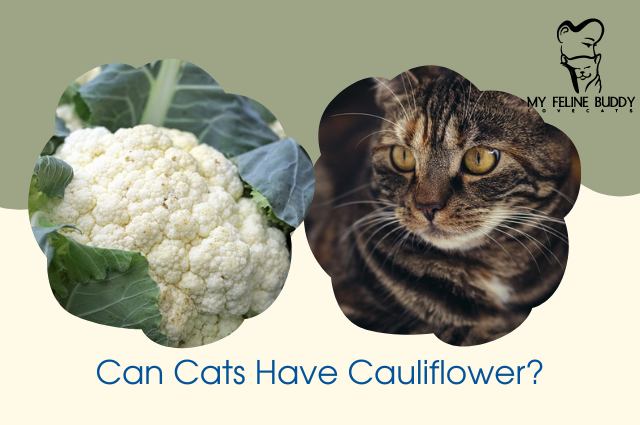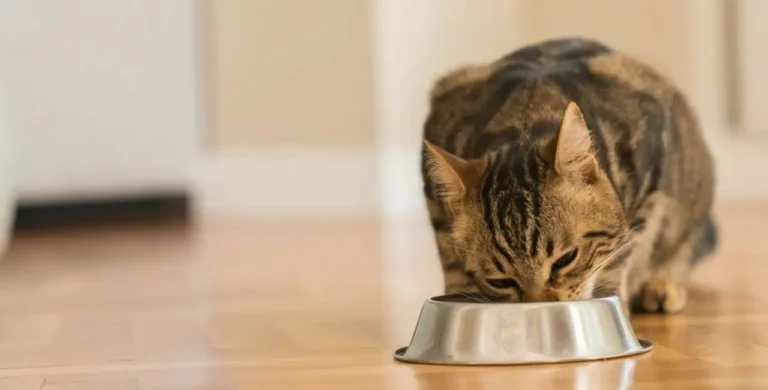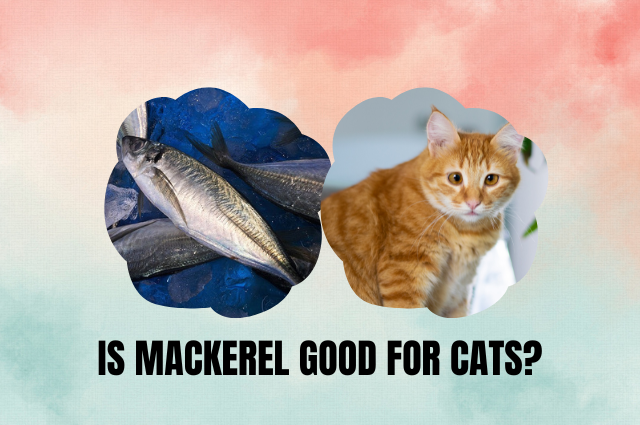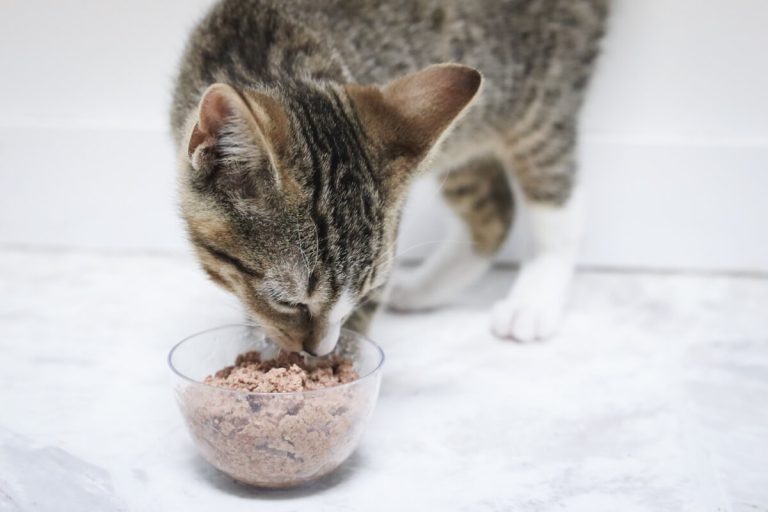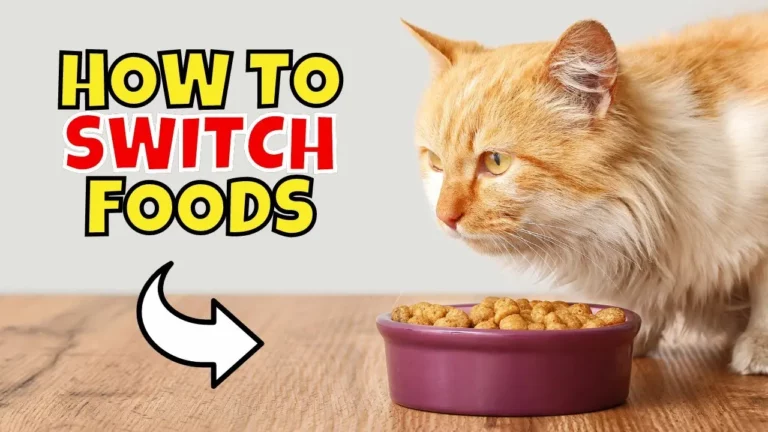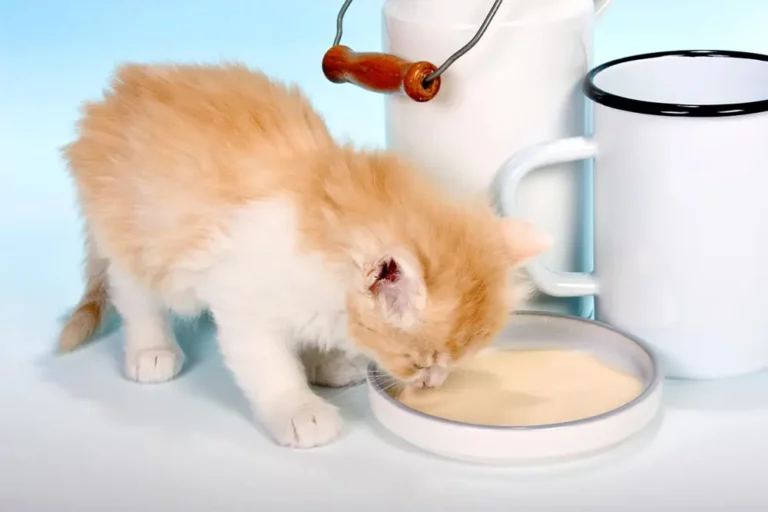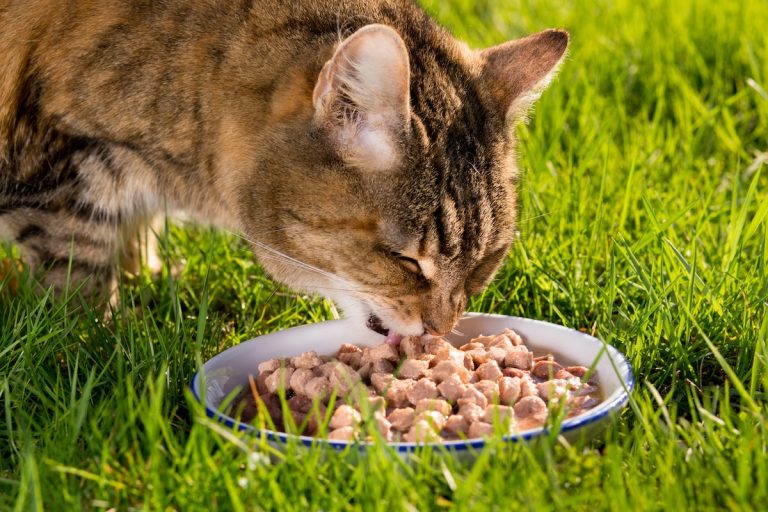Can Cats Have Cauliflower?
If you’re a
In this article, we’ll explore the fascinating world of feline dietary habits and shed light on the safety and benefits of feeding your
Cats are obligate carnivores, but they can occasionally enjoy a taste of cauliflower, provided you take some precautions.
Vegetables in a Cat ‘s Diet
The inclusion of vegetables in a
Studies have suggested that vegetables like broccoli, sweet potatoes, and carrots can offer vitamins, fiber, and antioxidants that may be beneficial in small quantities. However, the introduction of vegetables should always be supplemental, not a primary food source.
Before we continue, let’s discuss the importance of maintaining a balanced diet for your feline friend. A well-balanced diet helps support your
One way to ensure your
Can Cats Eat Cauliflower?
Now, let’s get to the heart of the matter: can cats eat cauliflower? The answer is a cautious yes, but with some caveats. Cauliflower is generally safe for cats to consume in moderation. It is low in calories, making it an attractive option for those looking to keep their cats lean and healthy.
Research suggests that cauliflower contains vitamins, such as C and K, and minerals like calcium, which can be beneficial for cats in small amounts.
However, it’s important to note that your
If you’re considering introducing cauliflower into your
This helps in breaking down the plant’s tough cellulose structure, making it easier for your
Remember, moderation is key when offering cauliflower to your feline friend. A small, occasional treat can be a safe and healthy addition to their diet.
Check with your vet before making significant changes to your
Potential Risks of Cauliflower for Cats
While cauliflower can be a healthy treat for your
You might also like: Abound Cat Food Review
Here’s what you should be cautious about:
- Digestive Issues: Cats’ digestive systems are not optimized for processing plant matter. Introducing cauliflower, or any new food, too quickly can lead to upset stomach, diarrhea, or vomiting. Keep an eye on your
cat ‘s reaction when offering cauliflower for the first time. - Allergic Reactions: Like humans, cats can develop allergies to various foods. Although rare, research suggests that cats can be allergic to cauliflower, resulting in symptoms such as itching, skin rashes, or gastrointestinal distress. If you notice any of these signs, stop feeding cauliflower immediately.
- Gas and Bloating: Cauliflower contains a type of carbohydrate known as raffinose, which can produce gas in the digestive system. Your
cat may experience bloating or flatulence if they consume too much cauliflower. - Oxalates in Cauliflower: Cauliflower contains oxalates, which can interfere with calcium absorption. In some cases, excessive consumption of oxalates can lead to kidney stones. While the oxalate levels in cauliflower are relatively low, it’s essential to monitor your
cat ‘s intake.
Cauliflower is not a feline-appropriate food, so it should always be looked at as a snack. If your
If you’re looking for high-quality
How to Safely Introduce Cauliflower to Cats
Now, let’s explore the best practices for introducing cauliflower to your feline friend in a way that minimizes the potential risks we’ve discussed.
- Preparing Cauliflower for Cats: To make cauliflower more palatable and digestible for your
cat , steam or boil it until it’s soft. Mash it into small, manageable pieces or puree it. Avoid using any seasonings or additives, as these can be harmful to cats. - Portion Control: Small, bite-sized portions are key. As a general guideline, a few small pieces (around a teaspoon) of cooked cauliflower once a week can be a safe starting point. Monitor how your
cat reacts to this new addition to their diet. - Monitoring Your
Cat ‘s Health: After introducing cauliflower, observe yourcat for any adverse reactions. Keep an eye out for changes in their behavior, stool consistency, or any signs of allergies. If you notice any problems, discontinue the cauliflower immediately and consult your veterinarian. - Consult Your Veterinarian: Before making any significant changes to your feline friend’s diet or introducing new foods, consult your veterinarian. They can provide customized advice based on your
cat ‘s specific health and dietary needs.
Remember, cats are unique, and what works for one may not work for another. Your
Frequently Asked Questions
To provide you with a well-rounded understanding of cats and cauliflower, let’s address some of the most commonly asked questions related to this intriguing topic.
You might also like: Healthy cat food for cats with urinary tract problems
Q1: Can cats have cauliflower leaves?
Research indicates that cauliflower leaves are safe for cats to eat in moderation. However, it’s best to steam or cook them to make them easier to digest.
Q2: Is cauliflower safe for kittens?
While kittens have developing digestive systems, research suggests that introducing small amounts of cooked and mashed cauliflower, as a treat, can be safe for them. Always consult your veterinarian for specific guidance.
Q3: What are the alternatives to cauliflower for cats?
If you’re looking for alternative vegetables, consider options like cooked carrots, green beans, or broccoli florets. These can provide similar nutritional benefits.
Q4: How can I tell if my cat is allergic to cauliflower?
Allergies can manifest as skin rashes, itching, or digestive issues. If you suspect an allergy, discontinue cauliflower and consult your veterinarian for guidance.
Read more: Wet cat food for older cats
Q5: Can cats eat cauliflower raw or cooked?
Research suggests that cooking cauliflower makes it easier for cats to digest. Raw cauliflower can be difficult for your
Q6: What should I do if my cat eats too much cauliflower?
Excessive cauliflower consumption can lead to digestive issues. If you notice your
Q7: Can cauliflower be a regular part of a cat ‘s diet?
While cauliflower can be an occasional treat, it should not be a staple in your
Q8: Are there specific health benefits for cats in eating cauliflower?
Cauliflower can provide vitamins and minerals in small quantities, but high-quality
Q9: Do cats naturally like cauliflower?
Cats have individual preferences, and some may show interest in cauliflower, while others may not. If your
Q10: Can cats have cauliflower on a low-carb diet?
If your
You might also like: Calming treats for cats
It’s essential to remember that individual cats have unique preferences and tolerances. When introducing new foods, always do so cautiously and consult your veterinarian for personalized guidance.
Final thoughts
The question of whether cats can have cauliflower is met with a cautious nod of approval, provided you follow guidelines for safe consumption.
Research highlights the importance of maintaining a balanced diet for your feline friend, primarily consisting of high-quality
While cauliflower can be a nutritious and low-calorie treat, it’s crucial to offer it in moderation and to consult your veterinarian before making any significant dietary changes.
Keep in mind that cats are obligate carnivores, and their digestive systems are optimized for animal-based proteins.
To provide the best nutrition for your
Remember, the well-being of your feline companion depends on you. While it’s exciting to explore new dietary options for your
A balanced diet, regular vet check-ups, and a loving home are the keys to a happy, healthy
